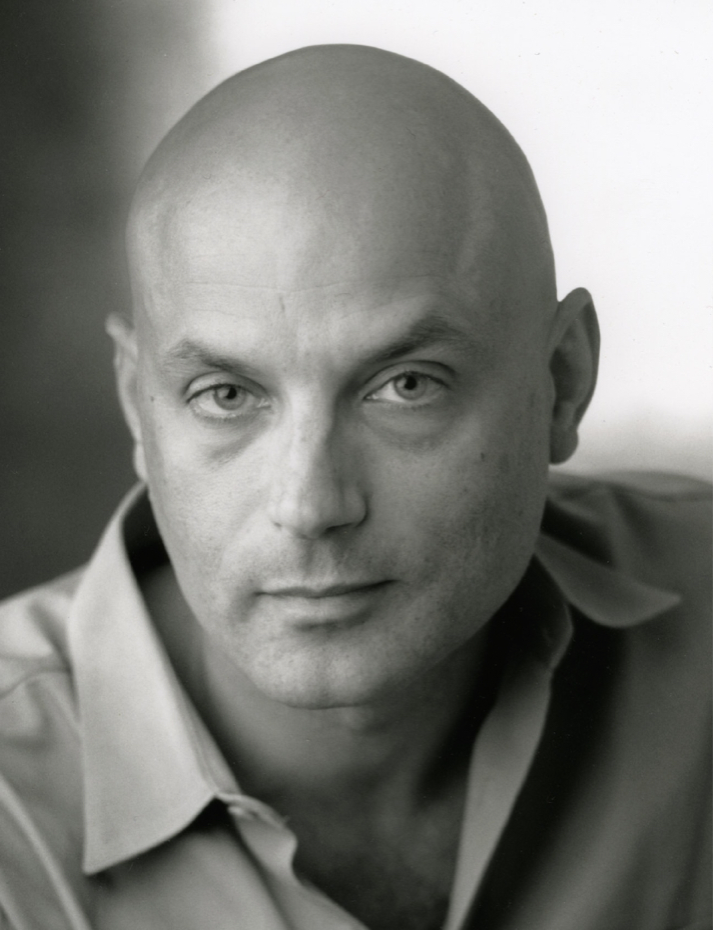
Author and Critic, New York
Richard C. Holbrooke Distinguished Visitor - Class of Spring 2008
Daniel Mendelsohn is an award-winning author, professor, and literary critic and the Charles Ranlett Flint Professor of Humanities at Bard College in upstate New York.
Born on Long Island, New York, in 1960, Mendelsihn studied classics at the University of Virginia and at Princeton University, the latter from which he received his PhD in 1994. He subsequently embarked on a career in journalism, publishing articles, essays, reviews and translations in major magazines and book reviews in New York. From 2000 to 2002, he was the weekly book critic for New York Magazine. Since 2000, he has also been a frequent contributor of book, film, and theater reviews to the New York Review of Books. His reviews also appear in the New Yorker, New York Times Book Review, and Travel + Leisure. He received a Guggenheim Foundation Fellowship in 2005.
Mendelsohn is the author of three books. His 1999 memoir of sexual identity and family history, The Elusive Embrace: Desire and the Riddle of Identity (Knopf, 1999) was named a New York Times Notable Book of the Year, and a Los Angeles Times Best Book of the Year. He has also written a scholarly study of Greek tragedy, Gender and the City in Euripides’ Political Plays (Oxford, 2002). In 2006, he published the bestselling work The Lost: A Search for Six of Six Million (HarperCollins, 2006), which narrates the story of his search to learn about the fates of family members who perished in the Holocaust. The book received wide international acclaim and won several awards, including the National Book Critics’ Circle Award and the National Jewish Book Award. Translated versions were published around in 2007, with the French translation (Les disparus) winning the Prix Médicis Etranger. Mendelsohn has also worked on a new translation of the complete works of the modern Greek poet C.P. Cavafy, and a collection of critical essays entitled How Beautiful It Is and How Easily It Can Be Broken.
